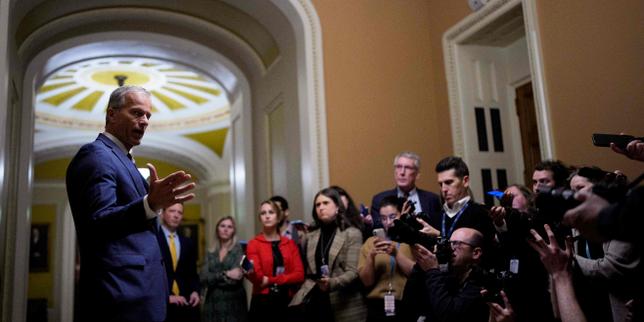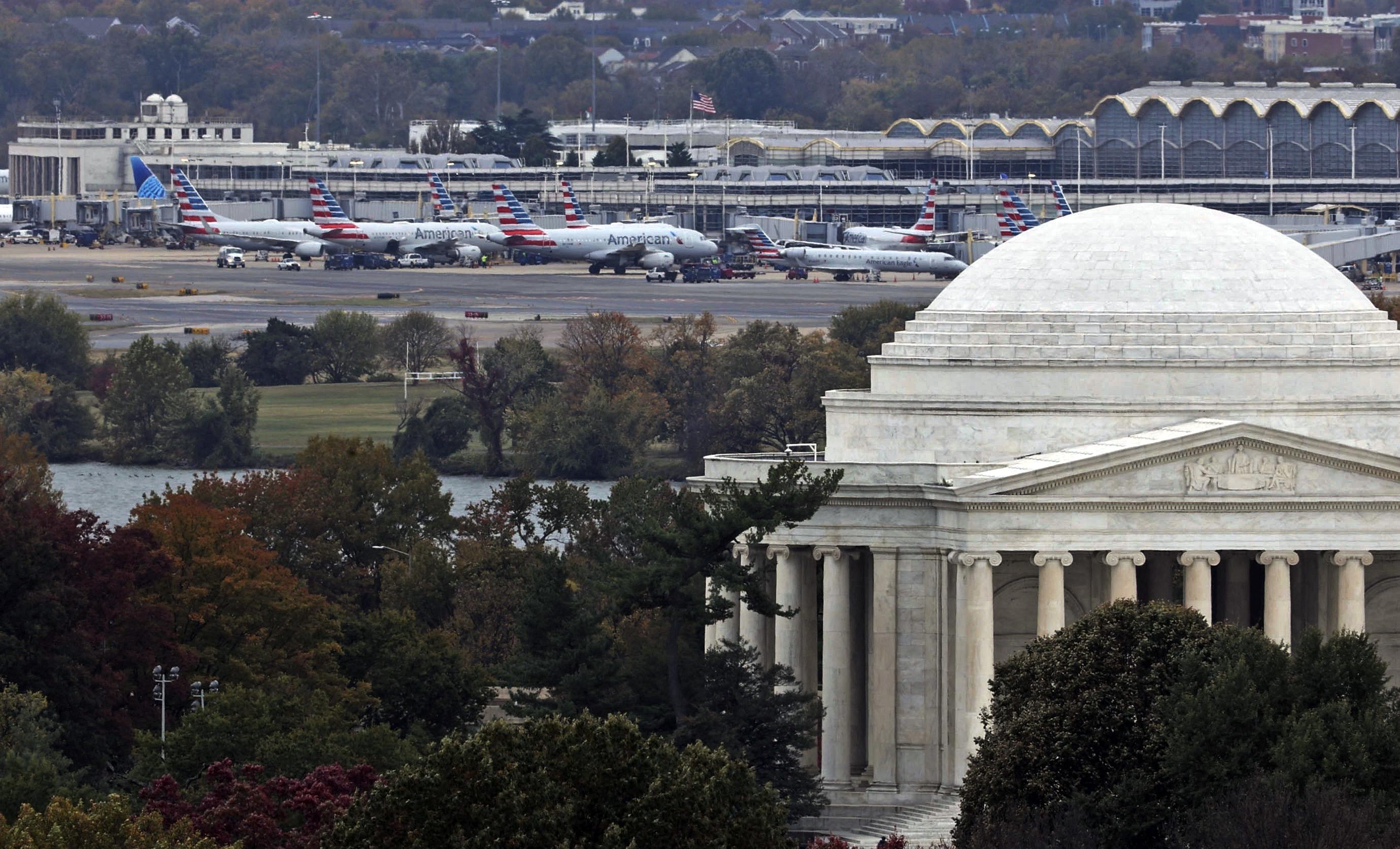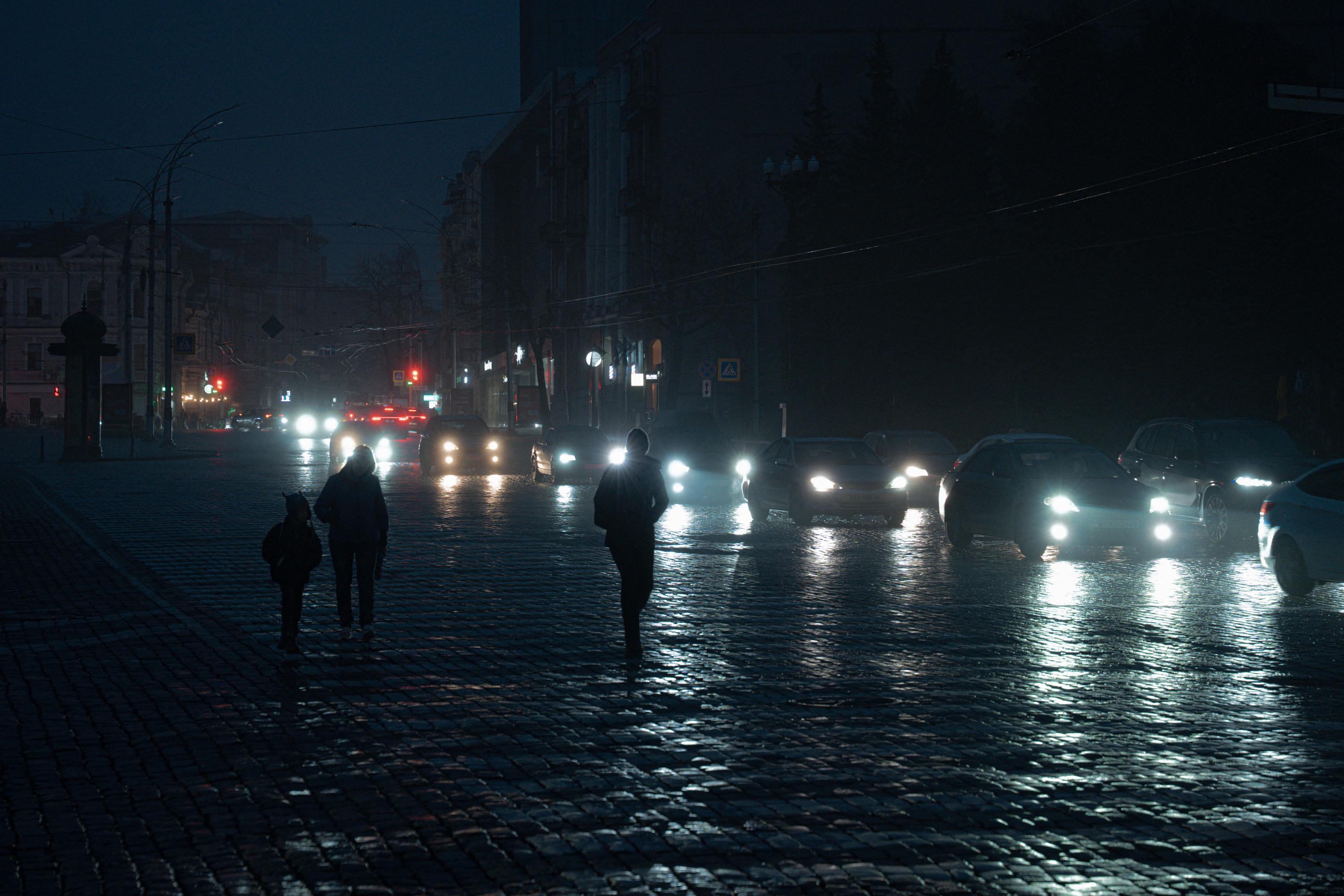Bridge returned error 0! (20403)
See https://curl.haxx.se/libcurl/c/libcurl-errors.html for description of the curl error code.
Details
Type: HttpException
Code: 0
Message: cURL error Resolving timed out after 5000 milliseconds: 28 (https://curl.haxx.se/libcurl/c/libcurl-errors.html) for https://public.api.bsky.app/xrpc/app.bsky.feed.getAuthorFeed?actor=did%3Aplc%3Atoudj53egawswz2ypw3zyn2u&filter=posts_and_author_threads&limit=30
File: lib/http.php
Line: 185
Trace
#0 index.php(73): RssBridge->main()
#1 lib/RssBridge.php(39): RssBridge->{closure}()
#2 lib/RssBridge.php(37): BasicAuthMiddleware->__invoke()
#3 middlewares/BasicAuthMiddleware.php(13): RssBridge->{closure}()
#4 lib/RssBridge.php(37): CacheMiddleware->__invoke()
#5 middlewares/CacheMiddleware.php(44): RssBridge->{closure}()
#6 lib/RssBridge.php(37): ExceptionMiddleware->__invoke()
#7 middlewares/ExceptionMiddleware.php(17): RssBridge->{closure}()
#8 lib/RssBridge.php(37): SecurityMiddleware->__invoke()
#9 middlewares/SecurityMiddleware.php(19): RssBridge->{closure}()
#10 lib/RssBridge.php(37): MaintenanceMiddleware->__invoke()
#11 middlewares/MaintenanceMiddleware.php(10): RssBridge->{closure}()
#12 lib/RssBridge.php(37): TokenAuthenticationMiddleware->__invoke()
#13 middlewares/TokenAuthenticationMiddleware.php(10): RssBridge->{closure}()
#14 lib/RssBridge.php(34): DisplayAction->__invoke()
#15 actions/DisplayAction.php(54): DisplayAction->createResponse()
#16 actions/DisplayAction.php(89): BlueskyBridge->collectData()
#17 bridges/BlueskyBridge.php(164): BlueskyBridge->getAuthorFeed()
#18 bridges/BlueskyBridge.php(633): getContents()
#19 lib/contents.php(104): CurlHttpClient->request()
#20 lib/http.php(185)
Context
Query: action=display&bridge=BlueskyBridge&data_source=getAuthorFeed&user_id=tristankamin.bsky.social&feed_filter=posts_and_author_threads&include_reposts=on&format=Atom
Version: 2025-08-05 (git.master.de9aef0)
OS: Linux
PHP: 8.2.29
Go back
mruac













